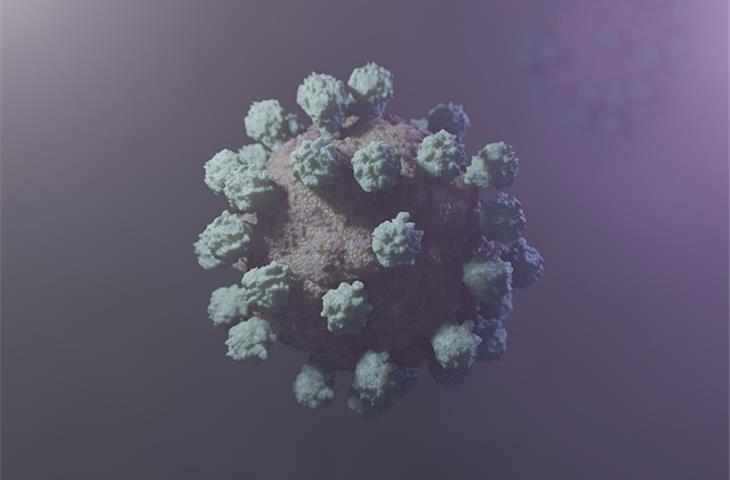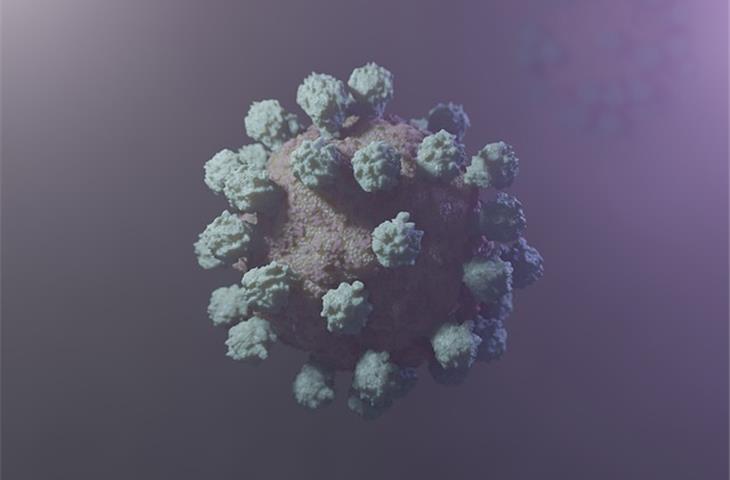The term sensitive mutations to osimertinib holds significant importance in the field of lung cancer study and therapy.Osimertinib, a revolutionary targeted therapy, has become a cornerstone in the treatment of non-small cell lung cancer (non-small cell lung cancer) for individuals with targeted mutations.This article delves into the significance of sensitive mutations to osimertinib, outlining their function in tumor progression and the clinical implications that they present for individuals.

The following needs have been identified to explore this topic comprehensively: comprehension the mode of action, identifying individuals with druggable mutations, overcoming resistance pathways, and evaluating the durability of effectiveness and safety of osimertinib.The mode of action needs to be understood.

To grasp the mode of action is the initial necessity in the field of sensitive mutations to osimertinib.Osimertinib, an EGFR (EGFR) TKI (TKI), inhibits EGFR changes particularly, including T790M mutation mutation, which are frequent in individuals with non-small cell lung cancer and EGFR changes.

For optimizing treatment outcomes and craft bespoke patient treatment programs, it is vitally important to understand the precise therapeutic targets and the intricate stages of the medication journey.Identifying cases harboring exploitable alterations needs to be done.In the context of mutations responding to osimertinib therapy, identifying cases harboring exploitable alterations is of utmost importance.
prompt recognition of these mutations can be helped by a robust screening process using detection aids, such as advanced genomic screening (NGS).This knowledge empowers medical specialists to customize healing tactics accordingly, ensuring that patients receive the most effective and targeted therapies.
prompt recognition not only improves patient survival rates but also minimizes the potential for resistance and adverse effects.Overcoming resistance mechanisms needs to be addressed.The development of resistance mechanisms is one of the most key impediments in managing Non-Small Cell Lung Cancer patients with osimertinib.
Despite the considerable efficacy of the drug against EGFR alterations, secondary resistance can lead to therapy failure and illness advancement.It is crucial to explore and comprehend the mechanisms of resistance, which include the role of addition mutations, modified signaling routes, and changes in medication efflux carriers.
By identifying these mechanisms, the development of new treatments and combative approaches that can overcome resistance and improve patient results is allowed.The prolonged efficacy and safeness of the drug need to be evaluated.When it comes to treating non-small-cell lung cancer patients with the drug, prolonged efficacy and safeness are crucial factors.
To monitor patient results, identify any possible adverse effects, and assess the longevity of response, it is essential to assess the extended effects of the therapy.Conducting thorough post-treatment studies and checking therapy progression over prolonged time frames is essential for guiding treatment decisions and optimizing patient care.
Ultimately, to comprehend the importance of mutations responsive for osimertinib in non-small cell lung cancer treatment, numerous key requirements must are satisfied.Through studying the mode of action, determining individuals harboring detectable genetic alterations, addressing resistance impediments, in conjunction with measuring long-term productiveness in conjunction with tolerance, we can narrow the gap to individualized, productive, in conjunction with secure therapeutic plans for cancer patients with lung involvement.
By tackling the aforementioned requirements, we can ensure that receive by patients the arest possible care, thereby enhancing their inclusive vitality in conjunction with magnitude of life.